History, Buddhism and New Religious Movements in Cambodia
by John Marston and Elizabeth GuthrieThis volume showcases some of the most current and exciting research being done on Cambodian religious ideas and practices by a new generation of scholars from a variety of disciplines. The different contributors examine in some manner the relationship between religion and the ideas and institutions that have given shape to Cambodia as a social and political body, or nation. Although they do not share the same approach to the idea of "nation", all are concerned with the processes of religion that give meaning to social interaction, which in some way includes "Cambodian" identity. Chapters touch on such far-reaching theoretical issues as the relation to religion of Southeast Asian polity; the nature of colonial religious transformation; "syncretism" in Southeast Asian Buddhism; the relation of religious icon to national identity, religion and gender; transnationalism and social movements; and identity among diaspora communities.
While much has been publish on Cambodia's recent civil war and the Pol Pot period and its aftermath, few English-language works are available on Cambodian religion. This book takes a major step in filling that gap, offering a broad overview of the subject that is relevant not only for the field of Cambodian studies, but also for students and scholars of Southeast Asian history, Buddhism, comparative religion, and anthropology.
What others are saying
"A book of extraordinary breadth—from historical studies to chapters on the Khmer diaspora—that is unfailingly accessible and perceptive. It should be very useful for courses on Buddhism and comparative religion." —David Chandler, Monash University
"Together the contributions in this impressive book make possible the tracing of the vicissitudes of the religions of the Khmer in both time and space: From Cambodia at the time of Angkor to the present day and from Cambodia to the Khmer diaspora. The book should also be read by those interested in the sociology of Theravada Buddhism for perspectives on the Khmer Buddhist encounter with French colonialism, the linking of Buddhism to nationalism, and the fragmentation of religion in the wake of the reign of terror of Pol Pot." —Charles Keyes, University of Washington.
About the Editors
John Marston is professor of Southeast Asian studies at the Center for Asian and African Studies, El Colegio de Mexico City.
Elizabeth Guthrie received her Ph.D. from the Department of Philosophy and Religious Studies, University of Canterbury, Christchurch, New Zealand.

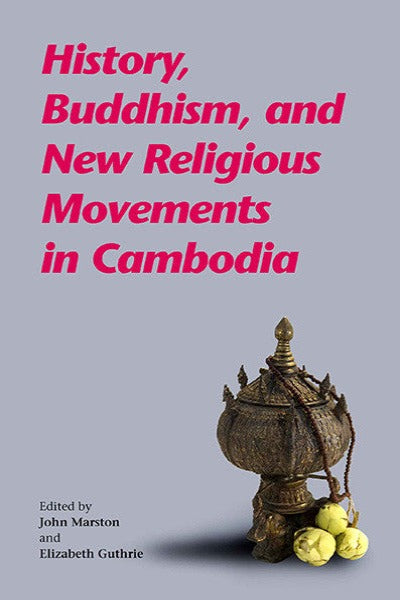
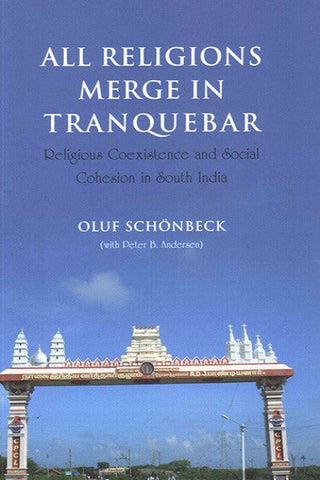
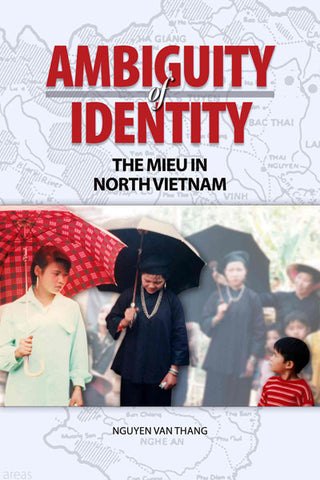
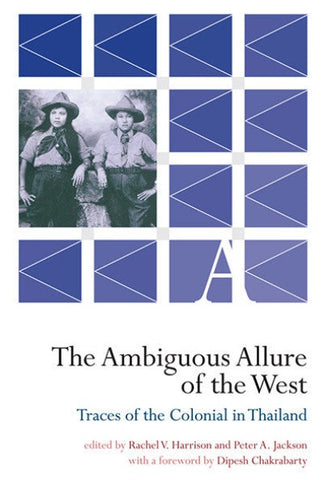
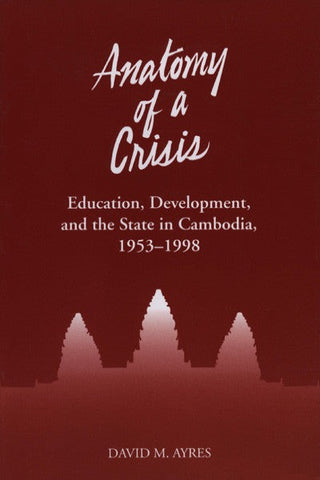
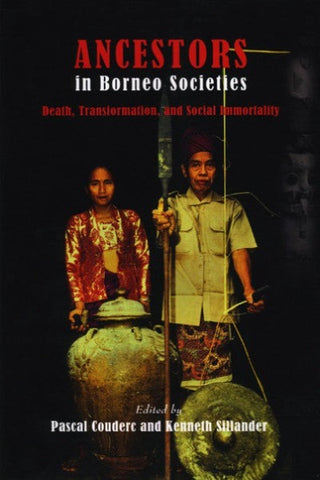
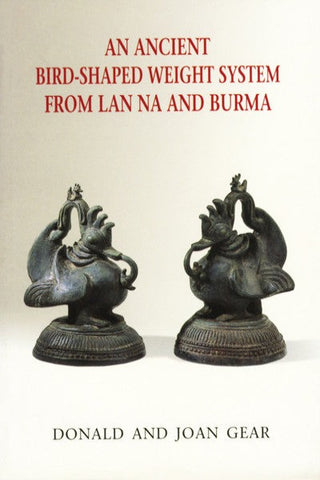
Share this item: